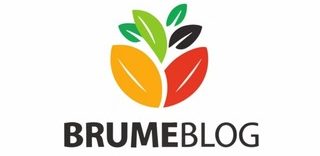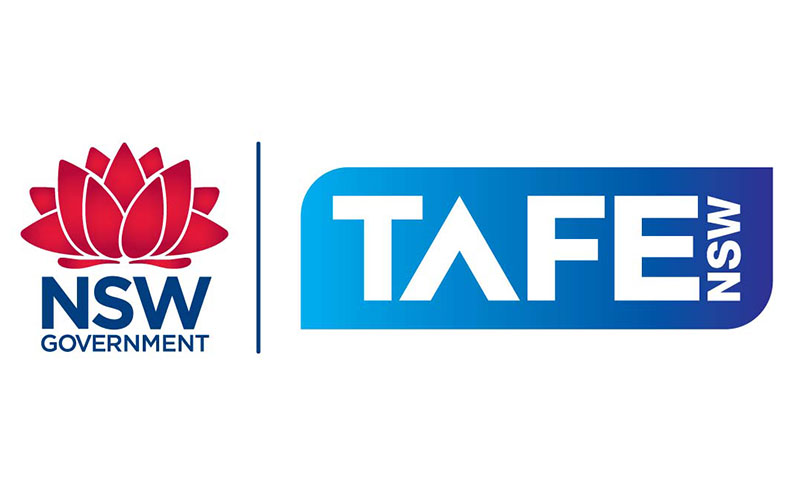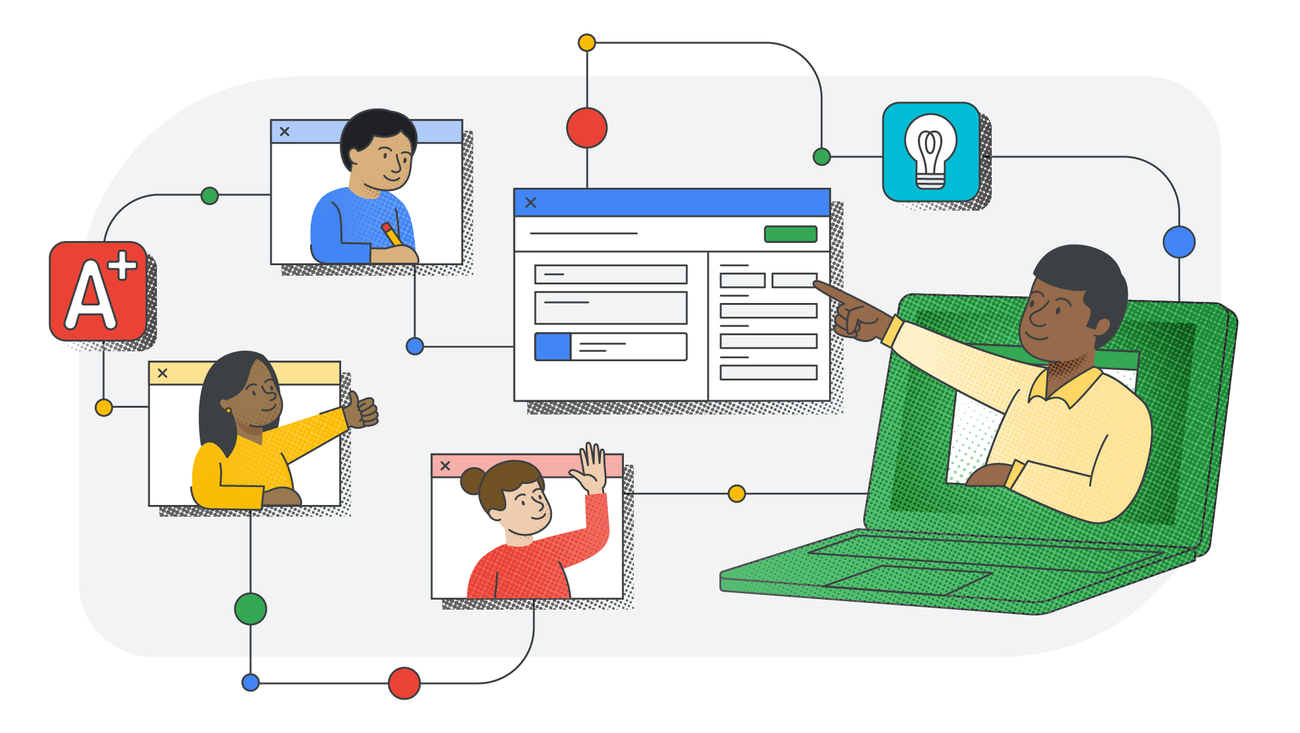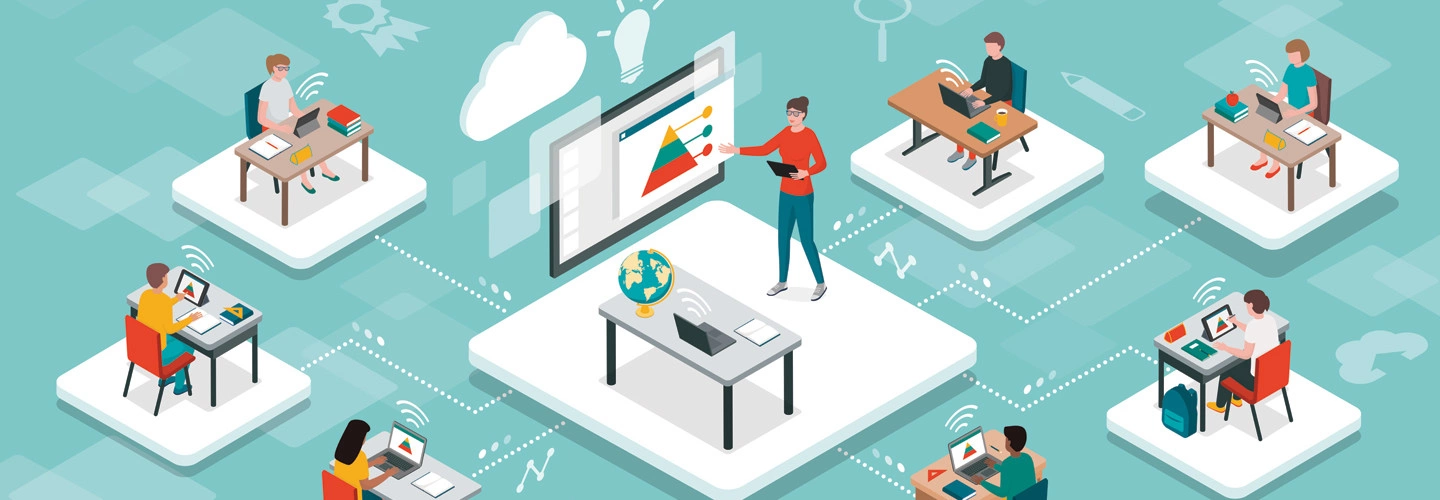In the realm of education, personalized learning experiences have emerged as a game-changer, revolutionizing traditional teaching methods and catering to the individual needs of learners. Unlike one-size-fits-all approaches, personalized learning recognizes that every student is unique, with distinct learning styles, interests, and strengths. By leveraging technology and innovative instructional strategies, personalized learning aims to optimize student engagement, mastery, and success.
Understanding Personalized Learning
Tailored Instruction
At the heart of personalized learning is the concept of tailored instruction. Rather than adhering to rigid curriculum standards, educators customize learning experiences to meet the specific needs and preferences of each student. This may involve adapting the pace, content, and delivery methods of instruction to ensure optimal comprehension and retention.
Student-Centered Approach
Personalized learning places students at the center of the learning process, empowering them to take ownership of their education. Instead of passively receiving information, students are actively involved in setting goals, monitoring their progress, and reflecting on their learning experiences. This shift in dynamics fosters a sense of autonomy, responsibility, and intrinsic motivation among learners.
Data-Driven Insights
Technology plays a pivotal role in personalized learning by providing educators with valuable data insights into student performance and learning preferences. Through the use of learning analytics and assessment tools, educators can identify patterns, trends, and areas of improvement, allowing for targeted interventions and differentiated instruction.
Key Components of Personalized Learning
Adaptive Learning Technologies
Adaptive learning technologies leverage artificial intelligence and machine learning algorithms to deliver customized learning experiences in real-time. These technologies assess student proficiency levels, adapt instructional content accordingly, and provide personalized feedback and recommendations for mastery.
Individual Learning Paths
Personalized learning encompasses the creation of individualized learning paths tailored to each student’s unique needs and goals. These learning paths may include a combination of instructional materials, multimedia resources, and interactive activities designed to scaffold learning and promote skill acquisition.
Differentiated Instruction
Differentiated instruction involves varying instructional strategies, content, and assessments to accommodate diverse learning styles and abilities. By offering multiple pathways to mastery, educators can meet the needs of all learners, whether they require additional support, enrichment opportunities, or alternative assessment methods.
Benefits of Personalized Learning Experiences
Increased Engagement and Motivation
Personalized learning fosters greater student engagement and motivation by catering to individual interests, preferences, and learning styles. When students feel connected to the material and see its relevance to their lives, they are more likely to actively participate in learning activities and persist in the face of challenges.
Improved Learning Outcomes
Research has shown that personalized learning leads to improved learning outcomes, including higher academic achievement, increased retention rates, and greater mastery of subject matter. By tailoring instruction to individual needs, educators can address learning gaps, provide timely interventions, and support students in reaching their full potential.
Enhanced Student Agency
Personalized learning empowers students to become self-directed learners, capable of setting goals, making informed decisions, and monitoring their own progress. By fostering a sense of agency and autonomy, personalized learning cultivates essential skills such as critical thinking, problem-solving, and self-regulation.
Implementing Personalized Learning in Education
Professional Development for Educators
Effective implementation of personalized learning requires ongoing professional development and support for educators. Teachers need training in instructional strategies, technology integration, and data analysis to effectively design and facilitate personalized learning experiences in their classrooms.
Infrastructure and Resources
Schools must invest in the necessary infrastructure and resources to support personalized learning initiatives. This may include access to technology devices, high-speed internet connectivity, and digital learning platforms that enable seamless communication, collaboration, and data sharing.
Collaboration and Communication
Personalized learning requires collaboration and communication among stakeholders, including educators, students, parents, and administrators. Establishing open lines of communication and fostering a culture of collaboration ensures that everyone is aligned with the goals and expectations of personalized learning initiatives.
Conclusion
In conclusion, personalized learning experiences hold immense promise for transforming education and unlocking the full potential of every student. By embracing tailored instruction, leveraging technology, and empowering students to take ownership of their learning, personalized learning paves the way for greater engagement, mastery, and success. As educators continue to explore innovative approaches to teaching and learning, personalized learning remains a beacon of hope for creating more equitable, inclusive, and impactful educational experiences.





